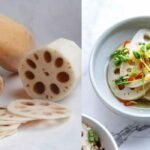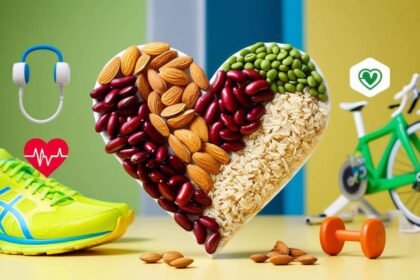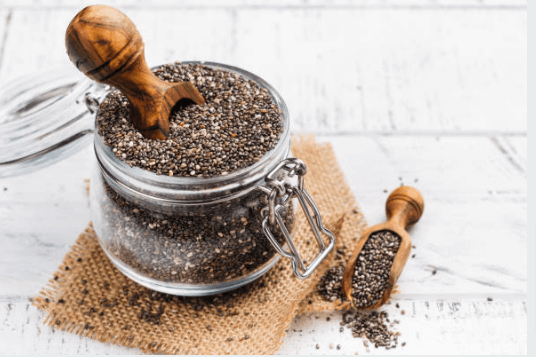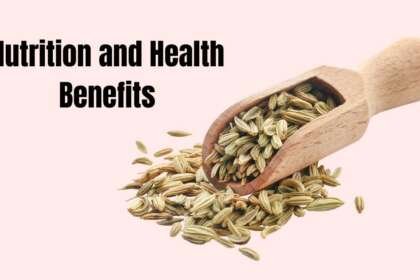Your immune system acts as your body’s frontline defense against illness and infection. Supporting immune function is key to overall health and wellbeing. One way to provide your immune system with what it needs is to incorporate antiviral foods into your diet.
These powerful foods contain vital nutrients and compounds that enhance the body’s ability to fight off viruses.
We turned to registered dietitians and nutrition experts to spotlight the top foods to eat for antiviral effects. Keep reading to learn how loading up on these immunity-boosting eats can help keep you healthy.
Garlic: Potent Plant Power
Garlic possesses potent antibacterial, antifungal, and antiviral effects. The sulfur-containing compounds in garlic, including allicin, have been shown to fend off common infections.
“Garlic is one of the richest sources of immune-enhancing sulfur compounds,” says Amanda Blechman, RD. “Adding garlic to dishes like soups, sauces, and stir-fries is an easy and flavorful way to reap its antiviral rewards.”
Blechman recommends aiming for at least 1 clove of garlic per day. Let chopped or crushed garlic sit for 5-10 minutes before cooking to activate the allicin. Up your intake when you feel a cold coming on.
Ginger: Flavor and Function
The distinct flavor of ginger makes it a staple for soothing teas, stir-fries, and baked goods. But this aromatic root has impressive antiviral effects as well. Ginger contains gingerol, a bioactive compound that exhibits antiviral activity against some respiratory viruses.
“Ginger is commonly used to help relieve nausea or an upset stomach,” says Nina Mel, RDN. “But increasing your ginger intake when fighting a virus can also be beneficial due to its ability to inhibit viral infection and replication.”
Brew homemade ginger tea or add fresh or ground ginger to smoothies and marinades. Aim for at least 1 teaspoon per day when virus exposure is high.
Broccoli & Spinach: Immunity All-Stars
When it comes to foods that pack an antiviral punch, green vegetables are among the all-stars. Cruciferous vegetables like broccoli and leafy greens like spinach contain a compound called sulforaphane which has strong antiviral effects against influenza and possibly other viruses.
These vegetables also provide high levels of antioxidant vitamins A, C, and E.
“I always recommend filling at least half your plate with vegetables, especially leafy greens and broccoli,” advises Bailey Koch, RD. “The nutrients, antioxidants, and antiviral compounds in these plants offer multi-layered immune support.”
For best results, eat broccoli and leafy greens daily, both raw and cooked. Aim for 1-2 cups per day.
Citrus Fruits: Vitamin C Powerhouses
Oranges, grapefruit, lemons: citrus fruits are prized for their high vitamin C content. Vitamin C has well-known immune-boosting properties. This essential nutrient acts as an antioxidant to block damaging free radicals and also has direct antiviral effects.
“Eating citrus fruits is the easiest and tastiest way to get this key immunity nutrient,” advises Koch. “Just one orange supplies over 100 percent of your daily vitamin C needs.”
Besides regular intake via whole fruits, citrus juices make an excellent addition to smoothies and dressings. When fighting infection, boost your intake up to 500-1000 mg vitamin C per day.
Yogurt: Probiotic Protection
Look to the refrigerator case for another immunity aid: yogurt. Yogurt provides probiotics: beneficial gut bacteria that bolster immune response and inhibit pathogen invasion. Studies show probiotic foods like yogurt help reduce the frequency and duration of viral respiratory infections.
“I always encourage clients to eat probiotic yogurts to nourish beneficial gut flora,” says Mel. “This helps strengthen immune defense and function.”
Choose yogurts that state “contains live and active probiotic cultures” on the label. Enjoy at least one serving per day when possible.

















